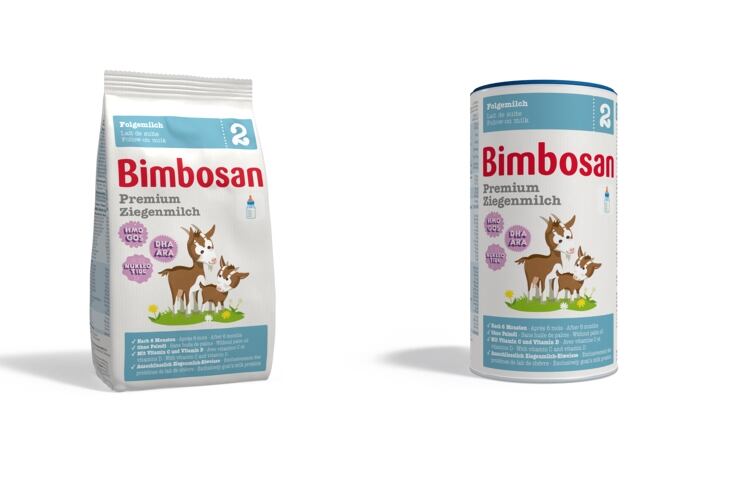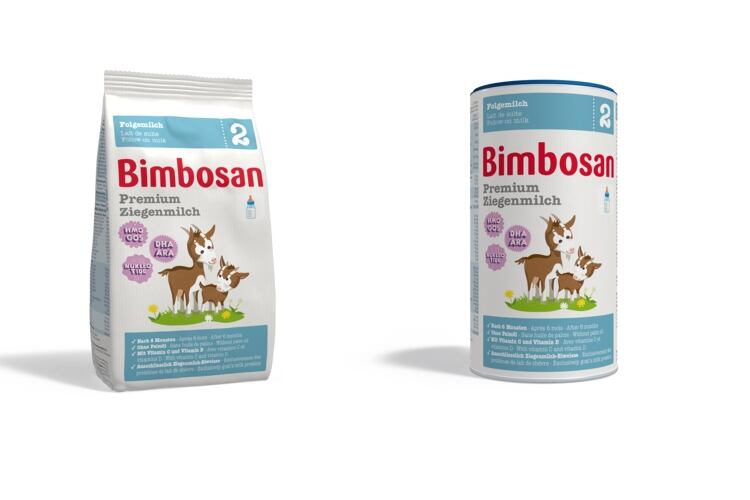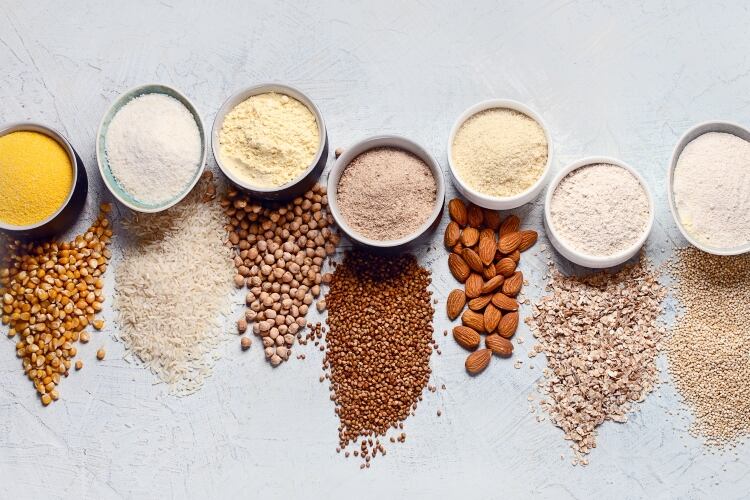The business relationship with Pharmalys was improved in terms of operational cooperation. Hochdorf said it achieved the sales and earnings targets published for 2020, despite the negative impact of the Covid-19 pandemic. A revaluation of assets led to additional depreciation and a clearly negative EBIT. However, the adjusted operating EBIT of the core business is positive and has thus reached break-even.
In 2020, Hochdorf said the Covid-19 pandemic led to higher domestic demand for dairy products due to the discontinuation of shopping tourism, which reduced the quantity of milk available and created significant under-deliveries in the cream sector.
Net sales revenue decreased in line with expectations from CHF 457m ($494m) to CHF 306.2m ($241m). The decrease was mainly due to the sale of the subsidiary Uckermärker Milch GmbH. The gross operating profit increased from CHF 61.8m ($67m) to CHF 94.3m ($102m) despite the significantly lower net revenue.
Personnel expenses fell from CHF 50.7m ($54.9m) to CHF 39.7m ($31.2m), and other operating expenses also fell from CHF 85.8m ($92.8m) to CHF 40.7m ($44m) due to the streamlining and the absence of special effects. This resulted in a positive EBITDA of CHF 13.9m/$15m (2019: CHF -74.7m/$80.8m), allowing Hochdorf to meet its forecast.
Depreciation includes an impairment of CHF 65.8m ($71.2m) on buildings and other fixed assets of the spray tower plant 9 and the related canning line. This impairment is justified by the low capacity utilization of these plants and the high risk of the baby care business with regard to the customer portfolio. This resulted in a negative EBIT of CHF -67.9m/-$73.5m (previous year CHF -265.3m/-$287.1m). After adjustment for one-off special effects such as value adjustments to assets, effects from sales, liquidations and site closures in 2020, EBIT from the core operating business is slightly positive at CHF 2.3m ($2.5m). The net result for the group is CHF -70.3m/-$76.1m (2019: CHF -271.4m/-$293.7m).
The board of directors is not recommending payment of a dividend.
The baby care division (Hochdorf Swiss Nutrition Ltd and Bimbosan AG) achieved net sales of CHF 99.5m ($107.7m). After eliminating the value adjustments on receivables made in 2019 and the loss of market sales due to the sale of Pharmalys Laboratories SA, net sales increased by 4% despite the loss of a major customer and the challenges posed by the Covid-19 pandemic. Net sales were therefore within the projected sales range of CHF 90m to 110m ($97.4m-$119m). The largest share of turnover is generated by sales to Pharmalys. Despite the recall of baby food products, Bimbosan AG remained at the previous year's level and was able to increase its specialist market share to just over 39%.
In 2020, the division focused more on project development with existing and new customers and on the development of new products. With the change in EU regulations in February 2020, Hochdorf introduced the newly-developed premium products to the markets in Switzerland and Europe.
The division also focused on current nutritional trends to expand its portfolio, developing a product range based on goat's milk and a vegan infant formula based on GMO-free soya. Both product concepts were launched on the Swiss market under the Bimbosan brand at the end of 2020.
Hochdorf expanded its own brand business with the launch of the Babina Plus product in Central America. Babina Plus is a milk formula for growing children and adolescents. Unlike Babina (infant formula), it is also sold in retail outlets.
Hochdorf has set up joint projects with Pharmalys for product development and opening up new markets, some of which are already being operationally implemented. Pharmalys remains the baby care division’s largest single customer. The division is working on growth with existing and new customers in the private label sector and with its own Bimbosan and Babina brands to create a more balanced customer portfolio.
In Switzerland, Hochdorf Swiss Nutrition Ltd achieved its forecast sales target with net sales of CHF 206.7m despite the difficult global economic situation.
The dairy ingredients division continued to drive forward the strategic development and marketing of high value-added products in the 2020 business year. In this context, the company launched a whey competence centre at the Sulgen plant in autumn 2020 to focus on further refining whey as a raw material. This will enable it to develop and produce functional whey-based semi-finished products for use in baby care and high-protein products. It also gives Hochdorf the opportunity to replace the purchase of some specialities with its own products and increase internal value creation.
After years of reorganization and restructuring, the company said it sees 2021 as a year of new beginnings while continuing on the path of financial recovery. The board of directors is currently focusing on developing financial strategy options, which may include capital measures to further stabilize the balance sheet and support sustainable corporate growth.
Hochdorf said competition remains intense and the impact of the Covid-19 pandemic is affecting the company's own product sales as well as those of its customers. The baby care division is also influenced by strict regulatory requirements and declining birth rates in China for several years, combined with overcapacities in the market. It is seeking to counter these market challenges with its new Strategy 2025.
In baby care, the company said new customer projects are progressing more slowly than hoped due to the Covid-19 pandemic. However, it is confident it will continue to grow with its branded and private label customers in 2021. In addition, it expects to develop new customers in the Latin America, Europe, Middle East, North Africa and Asia regions.
In Food Solutions, Hochdorf anticipates growth for high-protein powder products based on milk and whey and for non-dairy or plant-based powders, as well as in Swiss cream sales.
In 2021, the Hochdorf Group expects to achieve net sales in the range of CHF 260m to 300m ($281m-$325m) and a balanced annual result at EBIT level, despite the continuing uncertainties related to the Covid-19 pandemic. This means organic sales growth of 3% to 4%.



